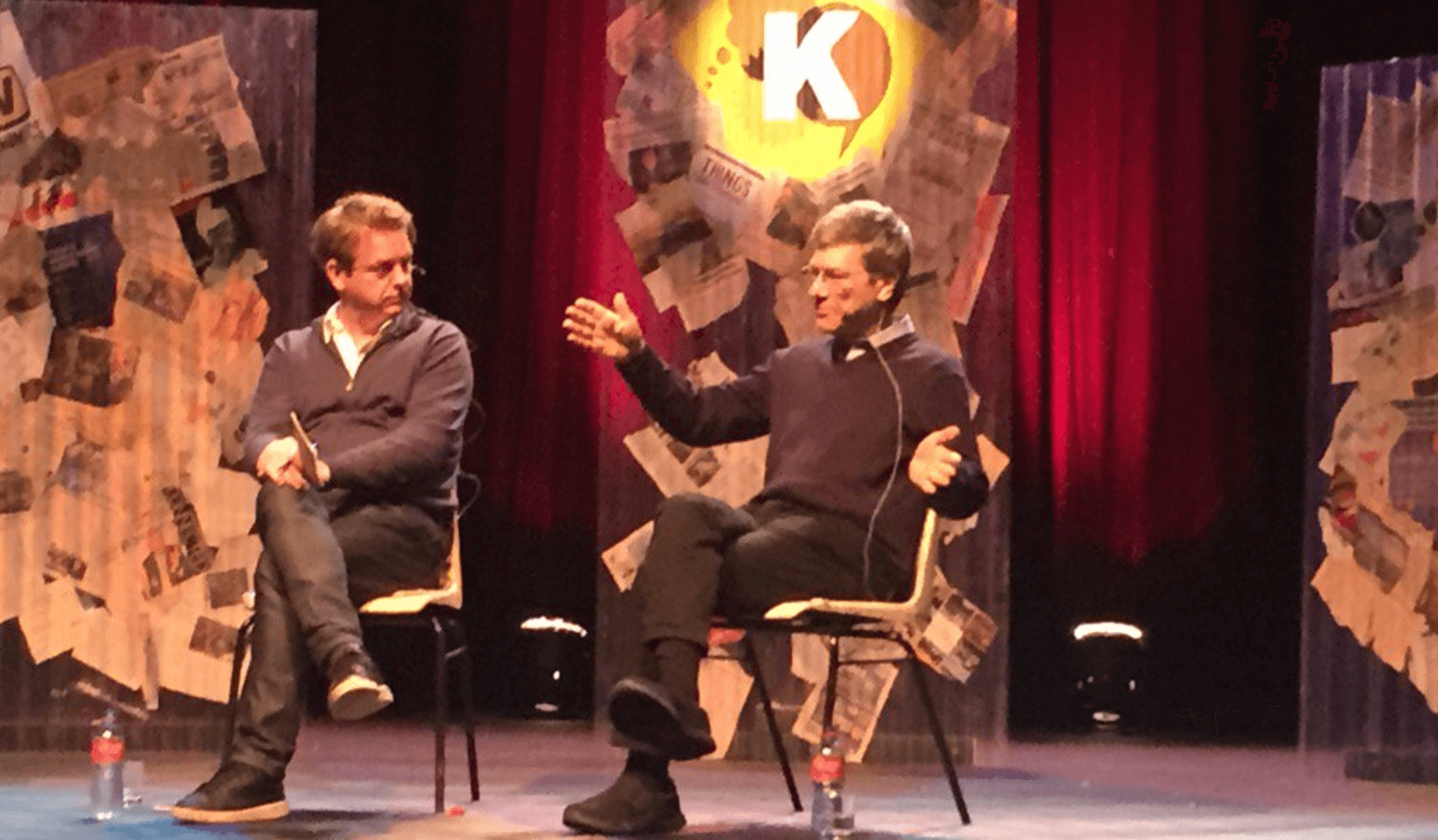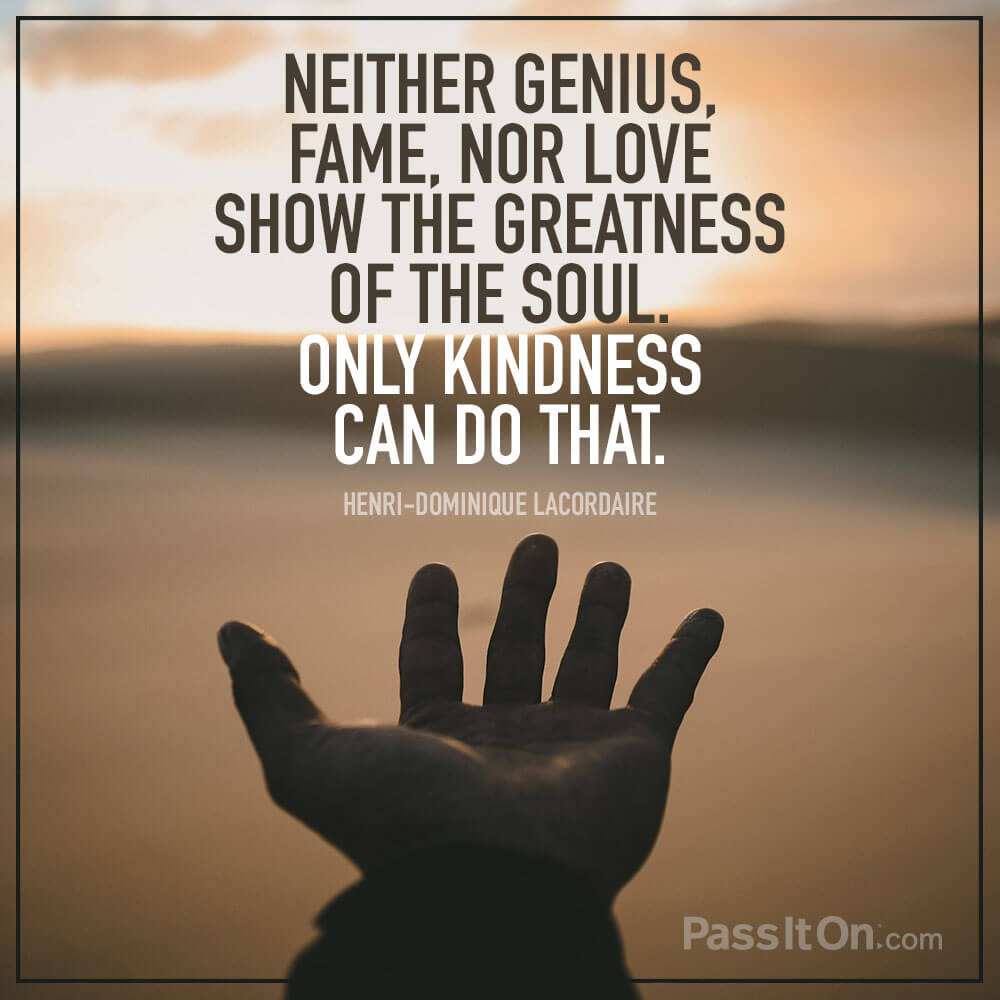
“Be nice”
These were the two most powerful words in a one-hour interview last weekend at Kilkenomics where David McWilliams brought Jeffrey Sachs to illuminate and inspire.
Kilkenomics is always full of ideas and inspiration. This year Jeff Sachs took it to another level for me. I was not alone in feeling that way either. As he spoke, I was sitting next to two of the other economists there as contributors that weekend. We all had goosebumps. In addition, at the end of his talk Jeff received the only standing ovation of the weekend and from the largest audience.
Today I won’t brief you on the body of work of Jeffrey Sachs, simply encourage you to go out and read for yourself. Instead, I’ll riff on those two words:
“Be nice”
One form of label or identity used by economists is that of “development economist”. At his talk, though, I heard Jeff Sachs use the tag “moral economist”, one I had not heard before. It truly resonated with me.
To go off at a tangent, much of my client work is as a sounding board to leaders. One company I have as a client are a multi-billion dollar global engineering and related services company. Yes, as part of that they do work in areas including extracting resources from our planet, sometimes in legacy industries with historically negative practices impacting the environment. On the surface then, perhaps a moral economist (or a sounding board like me) might struggle to work with such a company as a client. However, I, in fact, love working with them. Why? They lead from core values, and two of their core values are “putting people first” and “do the right thing”.
So, that large company recognises that we are a long way from a world that is truly sustainable, yet by leading from such powerful values they have a moral compass to guide them on the path forwards.
Put another way, we can always, as my inspiring friend and collaborator Alan Moore of Beautiful Business would say, be:
“sailing towards the shores of Utopia”
Back to Jeffrey Sachs, he gave an example of the “Global Fund to fight Aids, Tuberculosis and Malaria”. In the area of malaria, one simple thing they looked to do was raise money to buy and distribute mosquito nets.
When this was proposed, some expert economists quoted classical assumptions under which people in the supply chain would personally benefit more by, say, stealing and selling the nets rather than giving them to be hung in huts to save lives from malaria.
They were really surprised to find that, yes, the nets did get to the huts. Those who were surprised clearly had a lens of “rational actors” acting out of financial self-interest and so not “putting people first”.
Now, Jeff did absolutely highlight that part of the success of this Global Fund programme did come from a professional organisation that measured and monitored to ensure outcomes such as nets in huts. However, my take on it was also that a key driver for their success was that they came from a place of seeking to do the right thing, of putting people first, of believing in the good of people along the supply chain. Believing in peopel is a powerful force.
Simply put, they derived powerful results from the driver of :
‘Be nice”
Oh, and this two word anchor was the answer Jeff gave to an audience question along the lines of “what can we do?”. His answer was those two words. Wisdom is often concise!
Now, later that weekend, and to close the weekend, David McWilliams and the profession of Economics was attacked by one person inferring in a “question” from the audience that not only was everyone at Kilkenomics there to get ideas to get rich, but also that economists are already too wealthy. David was respectful and at the same time passionate in his reply. Speaking for himself and his profession he feels that economists are drawn to their choice of profession as they wish to understand and make a different in and for the world.
Where am I going with this fairly eclectic and random riff?
Whatever it is we do, yes let us be technical, rational experts. However, without kindness, a sense of values, morality, and higher purpose, we cannot have the impact we wish. Rationality and kindness go together.
To really lead change:
“Be nice”

